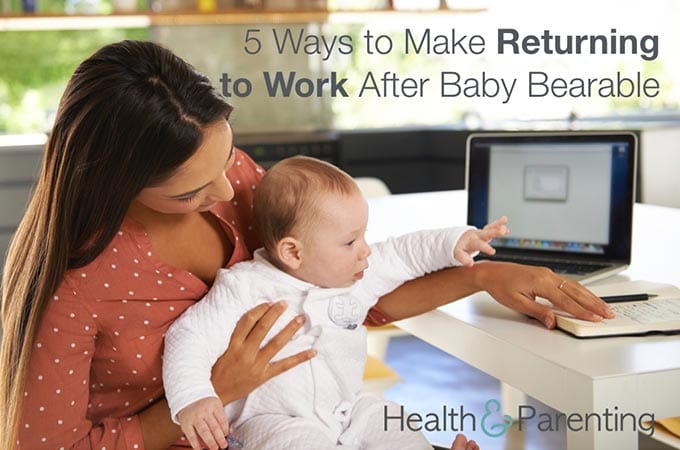If you’ve spent any time at all on the Internet lately, you might have come to realize that more and more women seem to be staying home with their kids. In fact, according to Pew Research Center, 29 percent of mothers are now staying home, a trend that appears to be on the rise.
But not all those women are abstaining from work completely. In fact, plenty are finding ways to work from home—seemingly “having it all” by managing a career and taking care of their kids at the same time.
Some have taken on multi-level marketing jobs, some are providing consultations in their former industries, and some have found work as freelancers in creative fields like writing or photography.
Perhaps you’ve found yourself considering making that same leap, daydreaming about being able to spend more time with your kids and still pursue a career you’re passionate about. If you’re thinking you might like to be a work from home mom, here are some tips for getting started:
- Arrange at Least Part Time Care: Yes, the whole point is to spend more time with your kids, but if you want to work full time, you’re going to need at least part time help. Consider hiring a high school student to come to your house after school every day to help your kids with their homework while you get a few hours of work in. Or talk to local daycares about the possibility of utilizing their services just one or two days a week. You’ll still get more time with your kids, but you’ll also be able to find time for work and sleep.
- Live and Breathe by a Schedule: Working from home will mean that a lot of your stay at home mom friends will want to get together for play dates and lunches. You should absolutely take them up on that, but only if it won’t interfere with your work. Working from home, especially while taking care of kids, requires you to be pretty regimented with your schedule. So schedule in time for social activities, but then don’t deviate from the work hours you’ve also scheduled.
- Accept Your Limitations: You may not be able to make as much money as you did at a former full time job, at least not right away. And you probably won’t be able to commit 40 hours a week to work either. Know that that’s okay, and be willing to accept your limitations. Sometimes, having it all means sacrificing in certain areas.
There are a lot of very happy work from home mothers who are finding success today, but they will all tell you it takes finding balance and a willingness to sacrifice. It’s not an easy path by any means, but it can be a very fulfilling one for those who are committed to pursuing it.
Written by Leah Campbell, infertility advocate, adoptive mama, writer and editor. Find me @sifinalaska on Twitter.
This information is not intended to replace the advice of a trained medical doctor. Health & Parenting Ltd disclaims any liability for the decisions you make based on this information, which is provided to you on a general informational basis only and not as a substitute for personalized medical advice. All contents copyright Health & Parenting Ltd 2016. All rights reserved.











